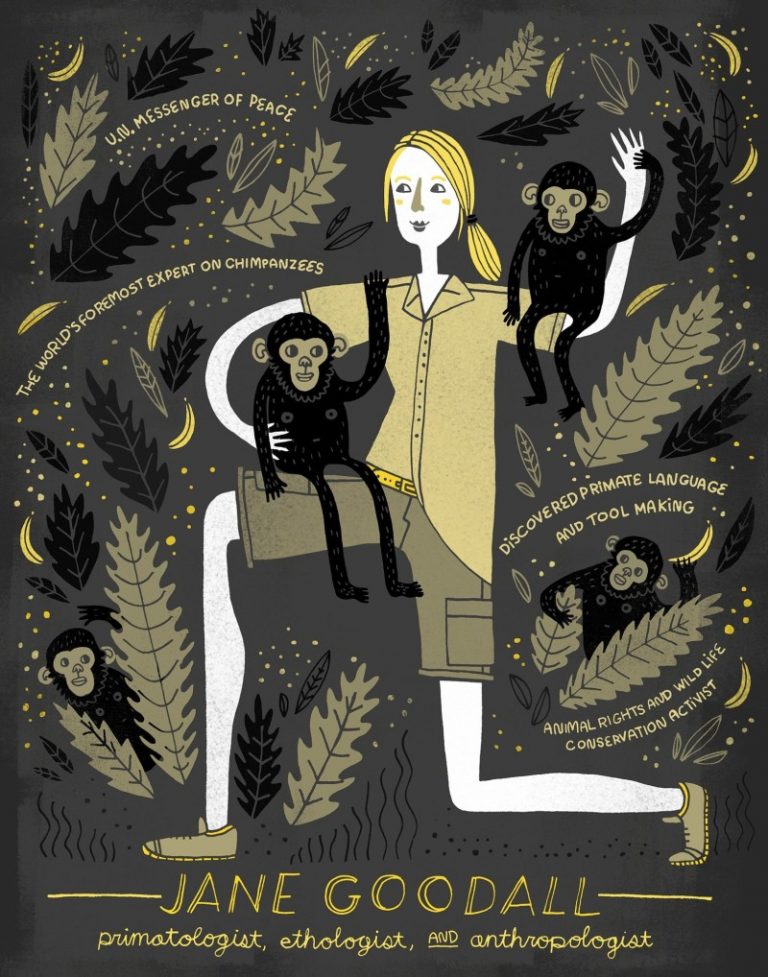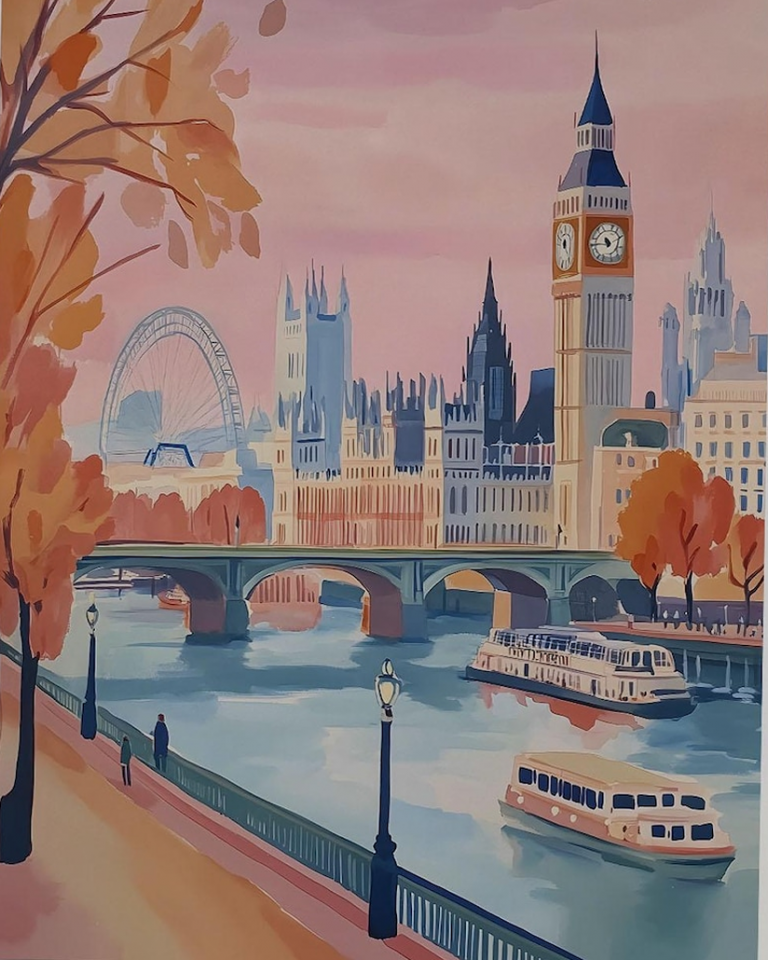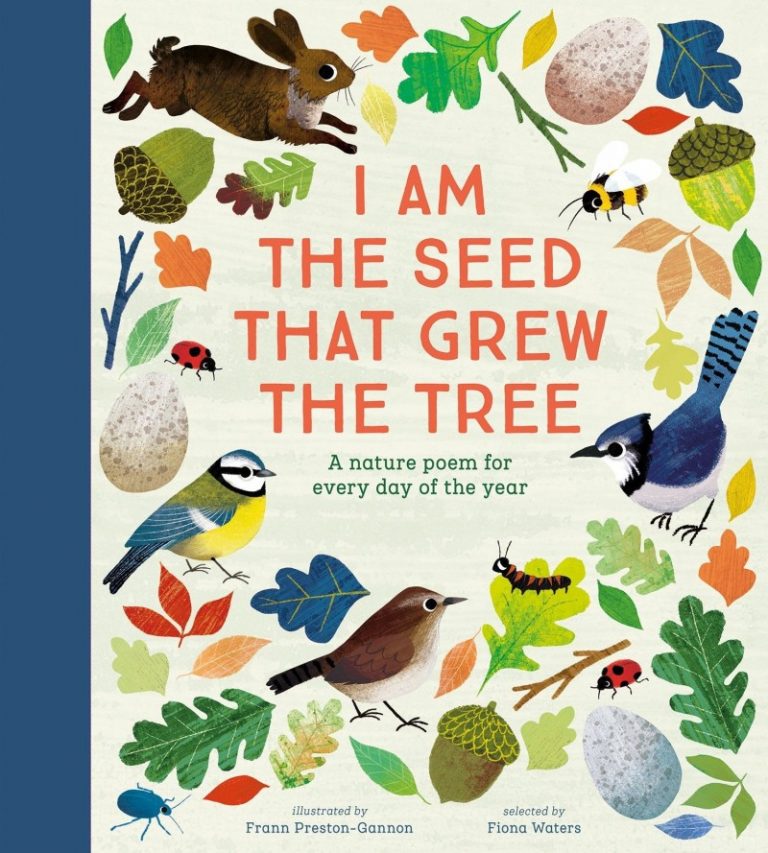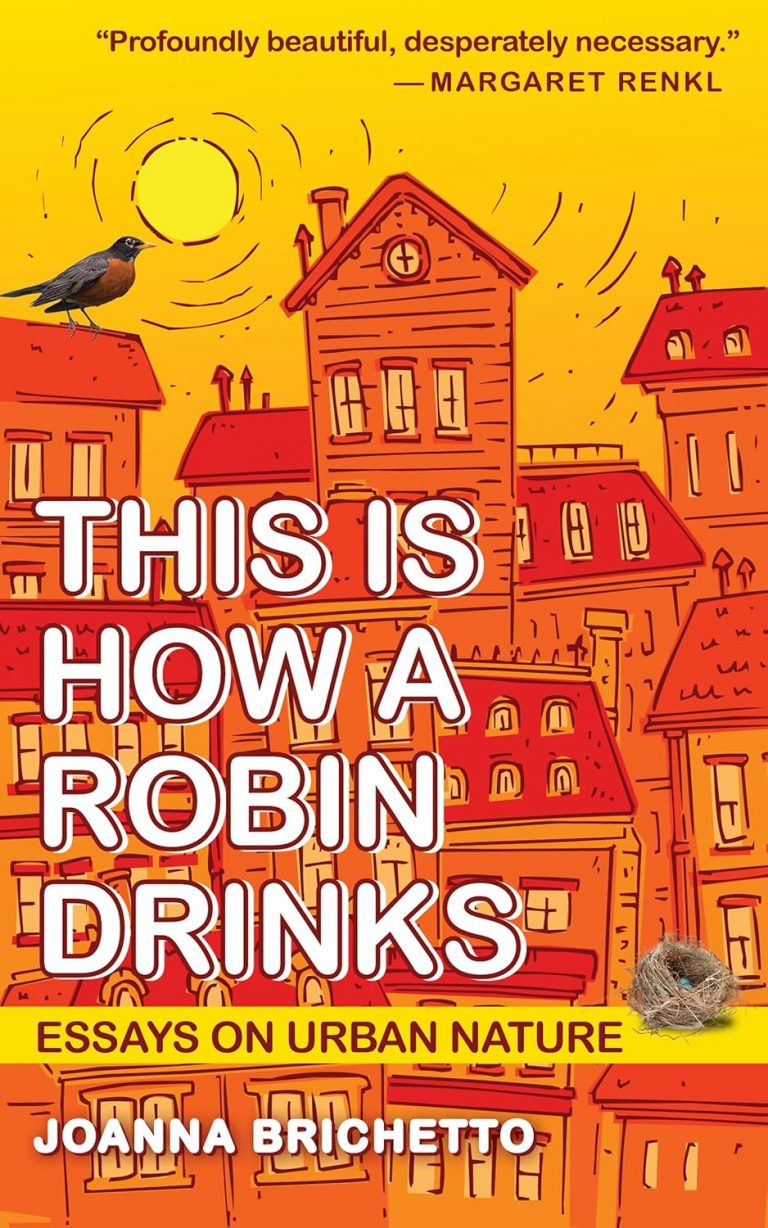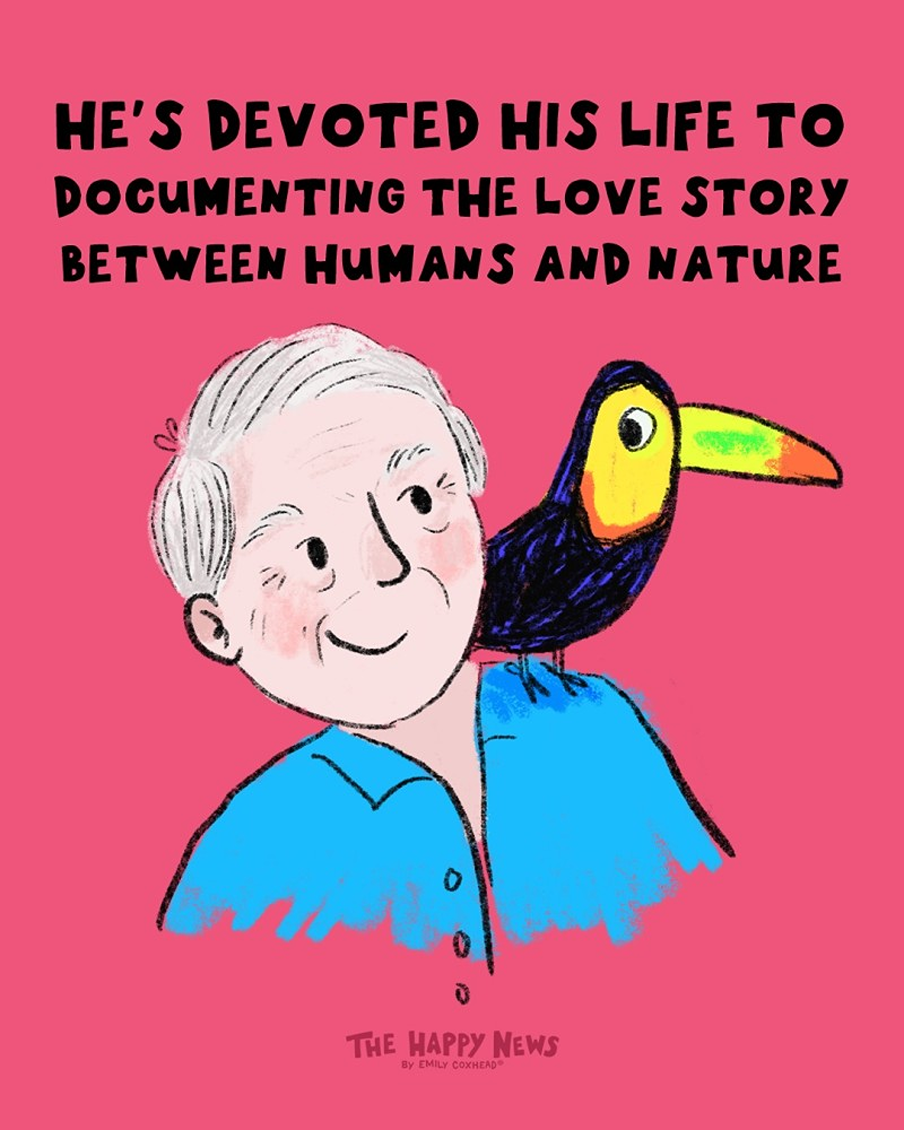
Every single company now has a ‘sustainability page’ on its website. Unfortunately many are greenwash, but many are also genuine. And all show that the business world now knows that thanks to Sir David Attenborough raising awareness of everything from plastic waste to the plight of endangered species, the public cares – a lot.
Raised on campus at Leicester University where his father was Principal, Sir David is not just a media icon, he is highly qualified. He has a degree in natural sciences, and also studied geology and zoology (wild animals, not zoos) at Cambridge University).
This humble man (who sends letters over emails, has never learned to drive and has 18 plants and animals named after him) says it would be ‘rude to count’ how many degrees he has.
When asked what thing would improve his quality of life, he replied ‘good, workable knees!’
Happily married for 50 years until his wife died, David writes that with his ‘anchor gone’, returned to working on nature programs, to cope with grief. Their two children both work to help the natural world.
As people increasingly question how items are made and packaged. Sir David Attenborough has done more to help our planet, than any politician.
Early Groundbreaking Documentaries
Attenborough joined the BBC in the early 1950s. Since then of course, he has presented incredible programs on wildlife, from the watershed Life on Earth in 1970, which classrooms used as living textbooks to other programs that have been viewed globally by over 500 million people. His programs even affect government policy.
The Blue Planet Effect: Fighting Ocean Pollution
In 2001, the series Blue Planet led to the eventual banning of plastic straws in England, after footage of turtles trapped in plastic, and seabirds feeding plastic to their chicks. The fact that we are all now aware of ghost fishing waste, is likely due to Sir David’s work in bringing this to the mass attention.
After the screening of Blue Planet II, shops reported higher sales of reusable bottles and cups, and even supermarkets began trialling plastic-free alternatives. Schools began volunteering for beach cleans, and microbead bans starting to come into legislation. The program was almost certainly instrumental in the plastic bag charge being introduced in 2021.
Planet Earth: Showcasing Hidden Wonders and Threats
Planet Earth in 2006 brought a new level of detail. High-definition cameras captured snow leopards on cliff faces, wolves moving across frozen lakes, and fungi blooming in slow motion. The series won awards and hearts. It also showed the early edges of climate change, with thinning ice and stressed habitats.
Real-World Conservation Wins
Off screen, Attenborough pushed for real protections. In the 1980s he backed urgent calls to save tropical rainforests, giving media time and moral weight to campaigns that led to new reserves and tighter logging rules. He kept up that focus for coral reefs, wetlands, and peatlands.
His 2020 book, A Life on Our Planet, set out a witness statement and a plan. Restore nature at scale, switch to clean energy, eat with care, reduce waste, and give space back to wildlife. The book and its film companion became a common reference for teachers.
He has addressed leaders at climate summits and the UN, calling on countries to act with speed. He supported rewilding projects in Scotland, including public support for beaver return and landscape-scale work in the Highlands. These efforts help store carbon, slow floods, and bring back species. Note it’s Reform UK policy to scrap rewilding projects.
Across campaigns he has backed initiatives that now safeguard well over 1 million square kilometres of land and sea. The UK’s Blue Belt programme for Overseas Territories, expanded over the last decade, alone protects more than 4 million square kilometres of ocean. His advocacy helped build public backing for moves like these.
Supporting Indigenous Communities and Biodiversity
Attenborough has often pointed to the wisdom of people who live with the land. In the Amazon and across parts of Africa, where indigenous groups protect forests and savannahs with care shaped over generations.
He speaks plainly about pressure on land, from growing populations to intensive farming. Advocating for farming methods that restore soils, and give wildlife corridors room to breathe.
Join the Fight Inspired by Attenborough
The stakes are stark. An estimated 1 million species are at risk of extinction, according to global assessments. Habitat loss, pollution, and climate change pull in the same direction. Yet the gains are real too. Large-scale restorations are underway, from kelp forests off Britain’s coast to peatland repair across the north.
No one will protect what they don’t care about, and no one will care about what they have never experienced. Sir David Attenborough
- Cut single-use plastic.
- Eat plant-based meals.
- Fund tree planting projects.
- Support rewilding efforts.
- Write to your councillor or MP
- Join a beach clean volunteer project.
Don’t waste electricity. Don’t waste paper. Don’t waste food. Live the way you want to live, but just don’t waste. Look after the natural world and the animals and plants in it too. This is their planet, as well as ours. Sir David Attenborough
Sir David’s Views on Modern Politics
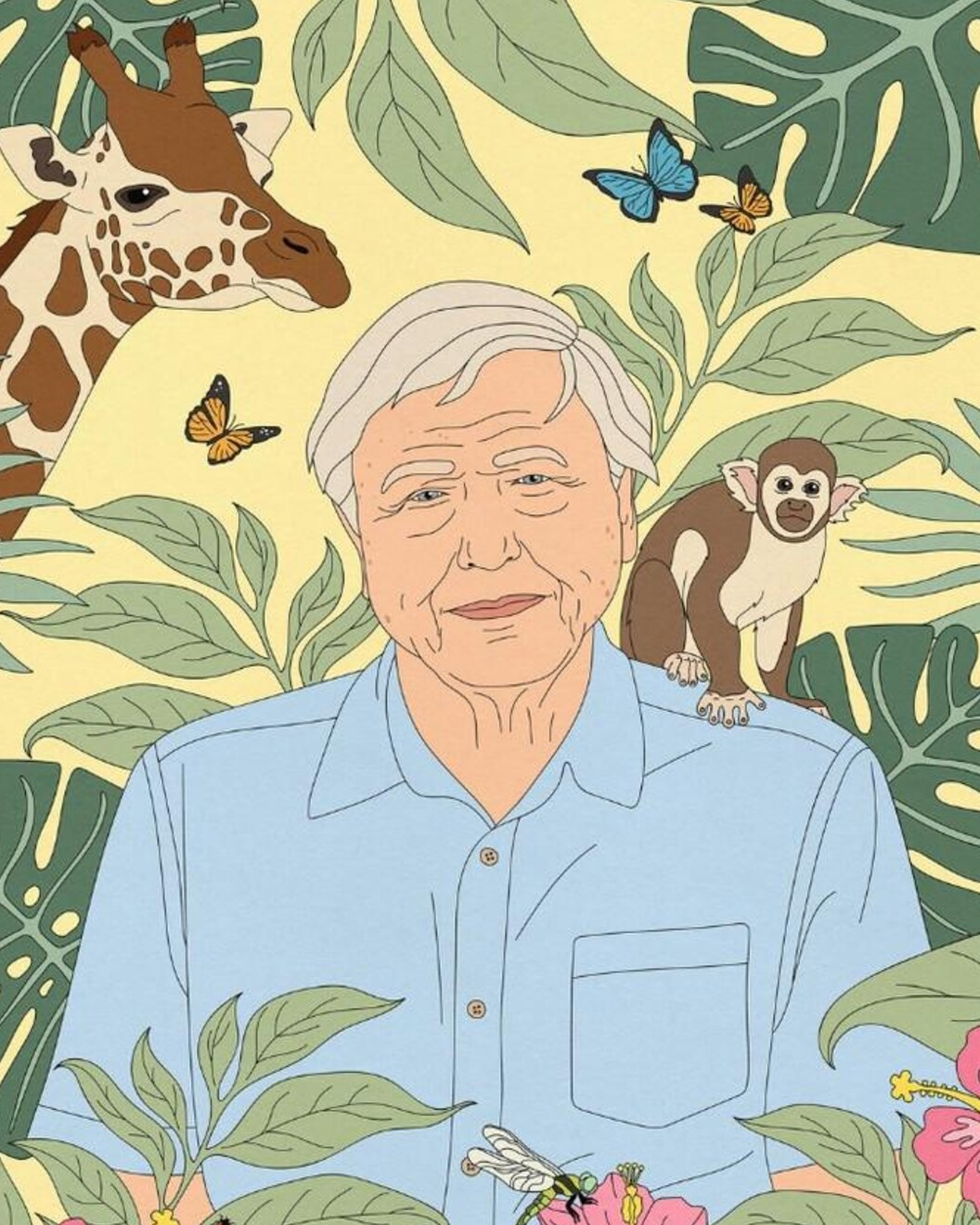
Although Sir David does not get directly involved in politics, he can’t help but express dismay. He says someone needs to talk to Donald Trump on the politics of climate change before it’s too late, and that he ‘leapt up from his chair in delight’ the last time he lost the Presidency.
Not out of malice, but simply because without the USA on board, he believes we have little time left to save the planet, but USA leaders are not listening to the science, even leaving the Paris Climate Agreement.
He is no doubt appalled that Reform UK is planning to drop rewilded land to create more industrial farming (this will send hedgehogs and other endangered species extinct, and also reverse the good done by beavers, which will also mean England will suffer from more floods).
What he is a fan of is Climate Assembly UK, an organisation that brings together people of all political persuasions, to help save the planet. He has also objected to his name being linked to any political party, preferring to speak to the masses.
Some say the BBC recently cancelled a program on the benefits of rewilding, fearing a political backlash from right-wing political parties, who are not fans of leaving land for nature, rather than building or farming it.
The Green Party said this was ‘an unforgiveable dereliction of its duty, to public service broadcasting’. The BBC later retracted saying ‘there was no sixth episode of The Wild Isles‘. What do you think?


